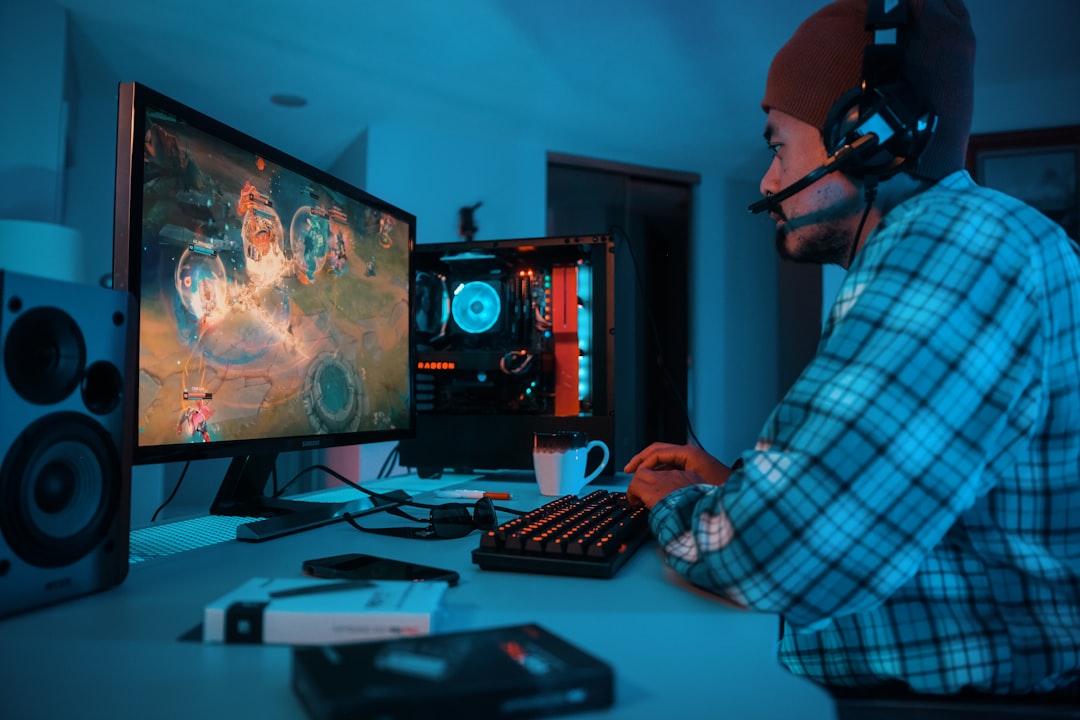Unlocking New Worlds: The Art and Importance of Game Localization
In the digital age, gaming transcends borders, bringing players from different cultures together in a shared experience. However, to truly create a game that resonates with a global audience, game localization emerges as an essential craft. Game localization is not just about translating text; it’s about transforming an entire gaming experience to ensure it feels native to every player, regardless of where they are in the world.
Imagine diving into an RPG set in a fantastical land, only to find the dialogue riddled with awkward translations or cultural references that fall flat. Suddenly, the immersion shatters. Game localization aims to prevent this by adapting every element of a game—from dialogue and storylines to cultural nuances and humor—to fit the target audience. It’s about making sure that when a player in Japan experiences a heartfelt moment, they feel the same emotional weight as a player in Brazil or France.
So, what does effective game localization entail? First and foremost, it requires a deep understanding of the cultural context of the target audience. This goes beyond mere language skills. Localization experts must also be well-versed in local customs, social norms, and gaming preferences. For instance, humor that works in one culture may not resonate in another. Localization teams carefully craft dialogue to ensure that jokes land appropriately without losing the essence of the original game.
Another critical aspect is the technical side of localization. This can include adjusting game mechanics to fit local tastes or ensuring that graphics and user interfaces are appropriate for different markets. For instance, certain colors may have cultural significance that needs to be considered, or specific symbols may be interpreted differently. A successful localization strategy takes all of these factors into account, ensuring that the final product feels seamless to the player.
The benefits of game localization extend beyond just enhancing the player experience. For developers and publishers, localized games can open up lucrative new markets. A well-localized game can significantly increase sales in regions that might otherwise be overlooked. In fact, studies have shown that games that are localized effectively often see a substantial boost in revenue compared to those that are not.
But what about budget constraints? Many indie developers fear that localization is an expensive endeavor. While it’s true that high-quality localization can require an investment, there are budget-friendly options available. Utilizing crowd-sourced translations or seeking partnerships with local gaming communities can be effective ways to manage costs without sacrificing quality. Additionally, prioritizing key markets for initial localization can help developers maximize their return on investment before expanding to other regions.
Emerging trends in the gaming industry also suggest that localization is evolving. With the rise of online gaming and streaming platforms, real-time localization is becoming a possibility. This means that developers can adapt dialogue and content on-the-fly, allowing players from different backgrounds to engage with the same content simultaneously. Such advancements are paving the way for a more inclusive gaming landscape.
The psychological impact of game localization cannot be overstated. When players feel represented in a game, it fosters a deeper connection to the story and characters. It’s not just about language; it’s about identity. By localizing games, developers provide players with the opportunity to see themselves in the narratives, enhancing engagement and loyalty.
As the gaming industry continues to expand globally, the role of localization will only grow in importance. Whether you’re a large studio or an indie developer, investing in high-quality localization is not just a luxury; it’s a necessity. It’s about ensuring that every player, regardless of their cultural background, can experience the magic of gaming without barriers. Embrace the art of game localization, and unlock new worlds for players everywhere.

